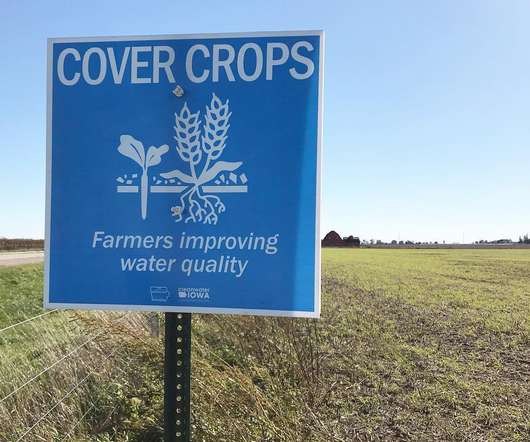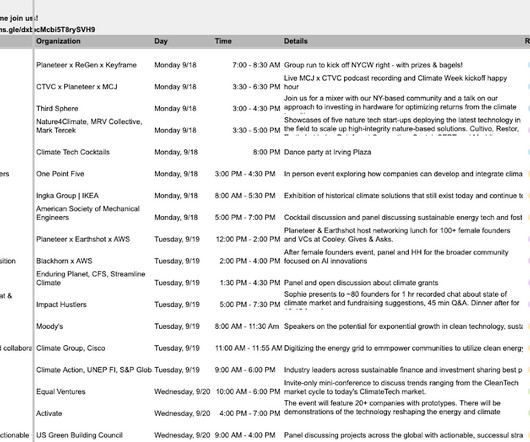Gulf shrimpers fight for their livelihoods in a fertilizer-fueled dead zone
Grist
JANUARY 28, 2020
Dean Blanchard Seafood, headquartered on the barrier island of Grand Isle in the Mississippi River Delta, is one of the largest shrimp suppliers in the United States. Dean Blanchard Seafood took a hit, and Blanchard later told a reporter that he estimated his business was worth 15 percent of what it was before the spill.















Let's personalize your content